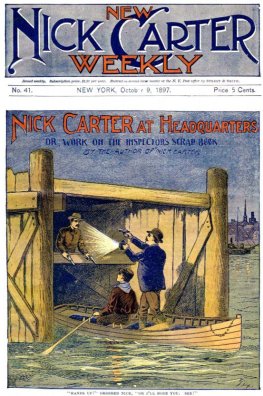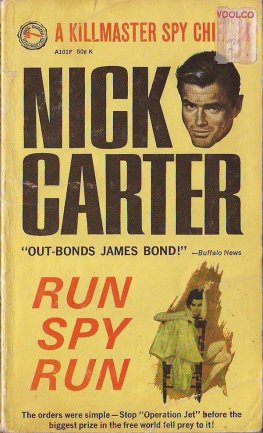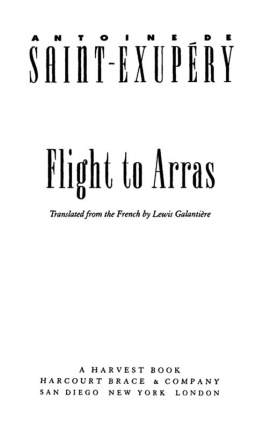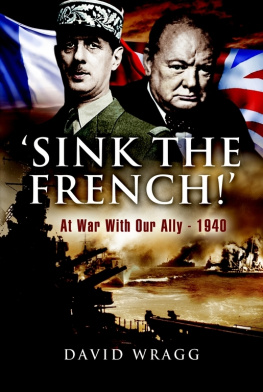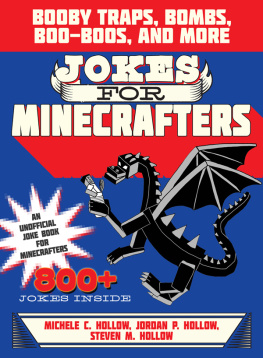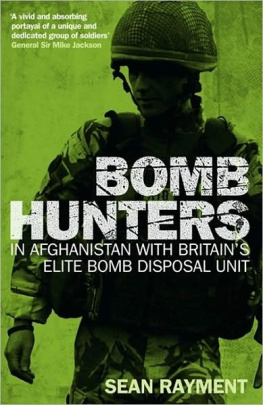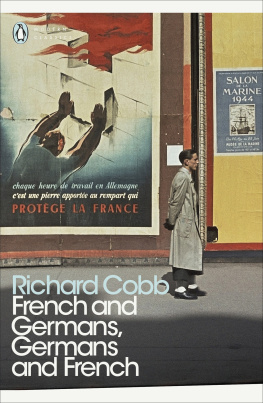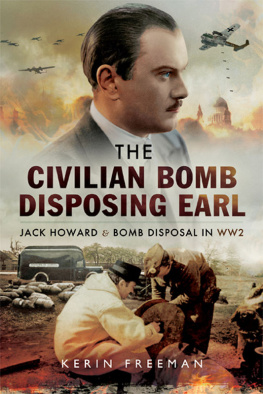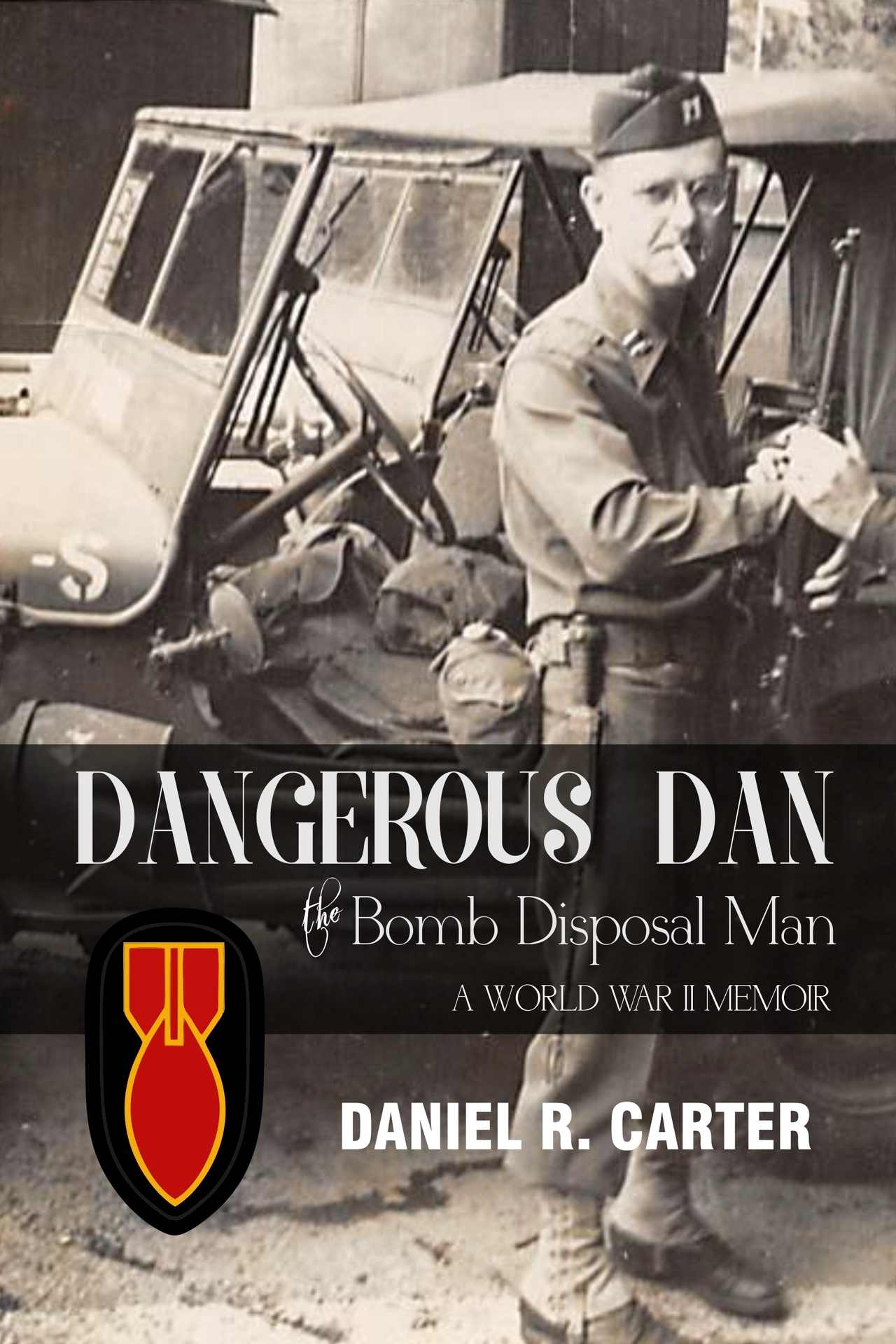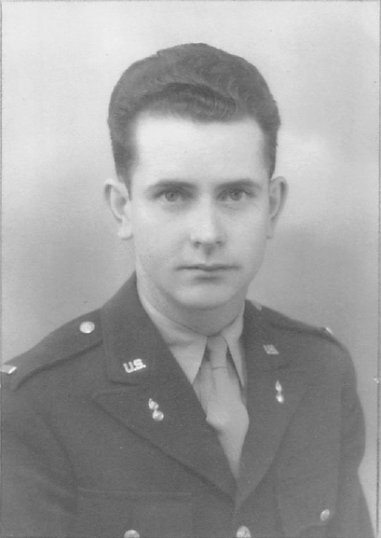Prairie Muse Books Inc
Lincoln, Nebraska
2020
Daniel R. Carter
2nd Lieutenant, Bomb Disposal Officer
This summation of my life is written for my daughter Patricia who asked for it. Others who may profess interest are welcome to read this, but they must bear in mind that the boredom they suffer is self-inflicted.
On the 17th day of July 1920, I was born in Des Moines, Iowa, and at that time my mother was suffering from and being treated for tuberculosis. This was then a common disease among the first-generation Irish as a result of the starvation suffered by their parents and the wet Irish climate. Tuberculosis was endemic among the Irish because its highly contagious and the children contracted it from their parents. Later, as the Irish moved up the success ladder in America and escaped the scourge of malnutrition, the disease virtually disappeared among the American Irish.
In any case, my mother was hospitalized for treatment and my father had four young children at home. Now he was faced with the overwhelming burden of caring for an infant. He turned to my maternal grandparents, Daniel and Lillian Sloan, who were living in the state of Washington, for help. They came to Iowa when I was six months old and took me with them to the railroad town of Pomona, Washington. I was not to see my parents or sisters and brother until they came to Pomona when I was somewhere between two and a half and four years old. At that time, I was given the choice of moving in with the Carters or remaining with my grandparents. Because the Carters were complete strangers to me, I chose to stay with my grandparents.
My grandparents were remarkable people. Daniel Sloan was born in Kilkeel, Ireland, but he and his family were driven from their country for the crime of being Catholics. That situation continues today in a subtler form in Northern Ireland. My grandfather was a short, stocky-build man with a neatly trimmed mustache and friendly, soft, blue eyes. I lived with him until I joined the Army in 1939 and, in all that time, I never saw him angry. He was a quiet, introspective person who usually waited to be spoken to before speaking. When he did talk, it was a considered utterance, not idle chatter, expressing rational thoughts devoid of emotion. While lacking in formal education, he was highly intelligent and respected by all who knew him well.
His choice of music was country, as that was the closest thing to Irish folk music. On Sunday mornings after Mass I would turn on the radio to listen to classical music, which was only available on Sundays for two hours. My choice puzzled him. He once asked me, Do you really like that? I dont think he understood my odd taste in music.
I never knew that he drank at all, because I never saw him drunk or even euphoric. It was only after Grandmother died, which was in my freshman year at high school, that I learned that he did. He drank exactly twice a day. In the morning, upon first arising, he would reach into the closet, pull out the whiskey bottle and take two swallows. At night after finishing his prayers, he would get up from his knees and take two swallows. This regimen never variedit was never more and never less.
My grandfather was always a gentleman. He was erect in bearing, instinctively courteous, kindly, compassionate, and temperate in speech. I never once heard so much as a damn in all the time I knew him. It is tragic that my children never were able to know this wonderful man. In politics, he was a staunch Democrat because, as he said, The Republicans dont have any use for the working man. In religion, he was deeply and sincerely Catholic. Although he and his family had been driven from Ireland because of their religion, he was tolerant of his fellow mans beliefs. Never did I hear him disparage any religion or creed. Neither did I ever hear him denigrate any race or color except the English. Now that I know history, his dislike of the Sassenach is totally understandable and justified.
My grandfathers marriage to my grandmother, Lillian Latham, was the second marriage for both, as their previous spouses had died. My grandmother was from the Ozark hills near Springfield, Missouri, of Anglo-American stock. She always remained proud of what she called her hillbilly background.
My grandmother was tall, at least three or four inches taller than grandfather. She had blue eyes, brown hair, and was fair skinned. While lacking formal education, she was the wisest person I have ever known. Her judgment of people was quick and completely accurate. When she said of a public figure, That man is a crook, events would eventually prove that to be true. She distrusted politicians and fundamentalist preachers, dismissing them as all hypocrites.
When she married my grandfather, she became a Catholic and Irish. It was a total, sincere, and complete conversion to both. From the foregoing statement, you might draw the erroneous conclusion that she was a subservient and submissive person, which she most assuredly was not.
Grandmother was a strong-willed, determined person, totally self-confident. In an age where women were expected to stay in and tend to the home and children, she was a skilled hunter, farmer, fisherwoman, a self-taught medical practitioner, and a repairwoman. In addition to these skills she was a master of the so-called womanly crafts. She made her own dresses, did needlework, kept an immaculate house and was a wonderful cook.
I have never tasted the equal of many of her dishes. There has never been any fried chicken in the world that was close to hers. It had to be fried in butter, covered with a batter made of seasoned cracker crumbs, eggs, and other mysterious ingredients that I do not remember, but the taste I remember vividly. She baked all our bread, for she had nothing but contempt for bought bread. We had fresh biscuits for breakfast and what wonderful biscuits they were! Her pies were sheer ecstasy and her cherry pies defy description through mere words. All these things were cooked on a woodstove, making all of this more of a marvel. Her cooking technique was different, as she never measured anything. She could tell by a combination of feeling, seeing, tasting, and instinct when the ingredients were just right. I am certain that God, in His infinite wisdom, has turned over the baking department in heaven to my grandmother.
We grew our own vegetables, had our own cow for milk and butter, and our chickens provided both eggs and meat for the table. We ate well despite being poor. In season, Grandmother canned vegetables, fruit, and berries, and made pickles and sauerkraut. Our diet was varied year-round.
While our house was spartan in its furnishings it was filled with love. By todays standards we were at or below the poverty line, as we lacked running water, indoor toilet, automobile, or a telephone. Despite this, never once did I feel deprived. I was in the third grade when we got a radio. What an exciting and wonderful thing it was. We could hear KNX in Los Angeles! Who would believe such a thing?
Grandmother was a competent fisherwoman and hunter, and this was in an age when other women would not have dreamed of doing either. She had a sixteen-gauge shotgun with the longest barrel I have ever seen. She called the shotgun Long Tom. She would say, Let us go and get some quail or pheasant for supper. She was a dead shot and had the knowledge of where to hunt, so we always got one of the two or both. She would also say, Let us get some fish for supper and we would hike to the stream or river where she would make a pole from a young sapling, equip with line and hook, bait it, and proceed to catch trout or salmon. I have often thought of how embarrassed her male contemporaries would have been if they had known the ease with which she got game or fish. Even in those days the men thought elaborate equipment was needed to do this.


